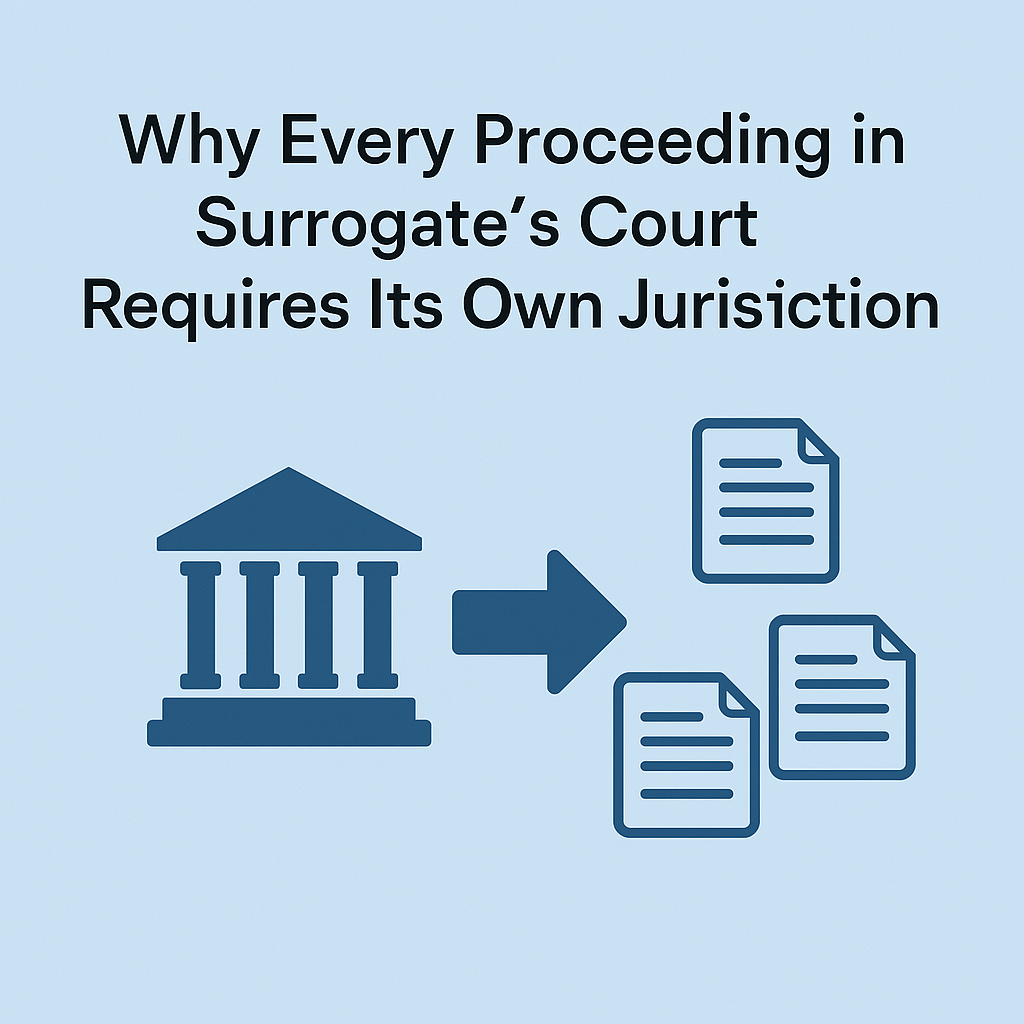New York’s Surrogate’s Court Procedure Act (SCPA) § 207 establishes the framework for determining jurisdiction in proceedings concerning lifetime trusts. This statute provides clear guidelines on the factors that grant authority to a particular surrogate’s court, including the location of the trust’s assets, the grantor’s domicile, and the residence or principal office of the trustee. By clarifying jurisdictional boundaries, SCPA § 207 helps streamline trust administration, ensuring that proceedings occur in the most appropriate venue.
Text
§ 207. Lifetime trusts; jurisdiction and venue
1. The surrogate's court of any county has jurisdiction over the estate of any lifetime trust which has assets in the state, or of which the grantor was a domiciliary of the state at the time of the commencement of a proceeding concerning the trust, or of which a trustee then acting resides in the state or, if other than a natural person, has its principal office in the state. The proper venue for proceedings relating to such lifetime trusts is the county where (a) assets of the trust estate are located, or (b) the grantor was domiciled at the time of the commencement of a proceeding concerning the trust, or (c) a trustee then acting resides, or, if other than a natural person, has its principal office.
2. Where venue may lie in more than one county under the provisions of subdivision one, the court where a proceeding is first commenced with proper venue shall retain jurisdiction, and matters relating to the estate of the lifetime trust pending in the surrogate's courts of other counties shall be transferred to it.
3. A surrogate shall transfer any proceeding to the surrogate's court of the proper county either on his own motion or on the motion of any party.
Hani Sarji
New York lawyer who cares about people, is fascinated by technology, and is writing his next book, Estate of Confusion: New York.




Leave a Comment